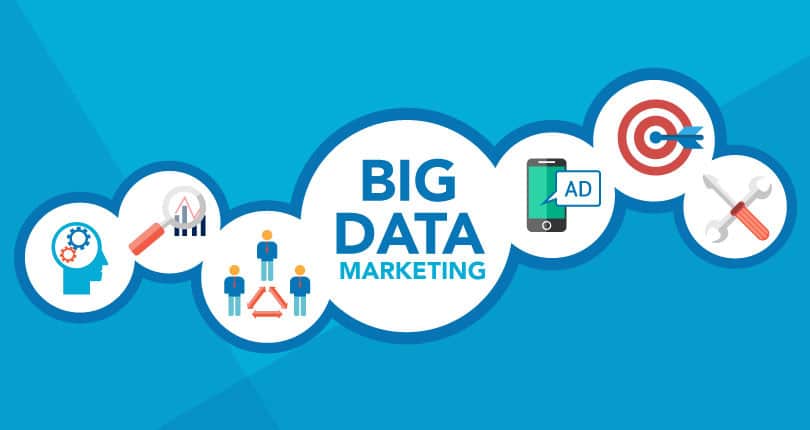Big data strategies for competitive advantage

In the digital age, leveraging vast amounts of information is crucial for staying ahead in the competitive landscape. This blog explores effective strategies for utilizing big data to carve out a competitive edge.
From enhancing customer experiences to optimizing operations and fostering innovation, we delve into how businesses can unlock the full potential of data analytics.
Understanding the Power of Big Data
Data is ubiquitous in today’s digital ecosystem, offering unprecedented opportunities for businesses willing to tap into this resource. Harnessing big data involves collecting, analyzing, and applying insights from data sets too large for traditional data-processing software.
The capacity to analyze and act upon this information rapidly and efficiently can be the difference between leading the market or lagging behind.
Therefore, implementing effective strategies to manage and utilize big data is imperative for businesses aiming for market dominance.
Strategies for Gaining a Competitive Advantage
One foundational strategy is investing in scalable data infrastructure. With the right tools and technologies, businesses can manage large volumes of data efficiently.
Customizing products and services based on data-driven insights is another powerful strategy. By understanding customer behaviors and preferences, businesses can offer tailored experiences that significantly enhance customer satisfaction and loyalty.
Optimizing operations through predictive analytics for better decision-making is also crucial. This encompasses everything from supply chain management to financial forecasting.
Data Security and Ethics
As companies collect more data, the responsibility for protecting this information and using it ethically grows. Implementing robust data security measures is non-negotiable.
Beyond compliance, businesses should prioritize transparency and accountability, building trust with their customers and stakeholders.
Adopting a data governance model ensures that data is utilized responsibly and in alignment with both legal requirements and consumer expectations.
Empowering Innovation
Big data also serves as a catalyst for innovation. By identifying trends and gaps in the market, businesses can create new products and services or improve existing ones.
This proactive approach can uncover new revenue streams and opportunities for growth, setting a business apart from its competitors.
Cultivating a Data-driven Culture
For big data strategies to be effective, fostering a data-driven culture within the organization is essential. This means empowering employees with the tools, skills, and mindset to utilize data in decision-making processes.
Training and development initiatives can enhance data literacy across the organization, enabling teams to leverage data analytics effectively.
Collaborative Ecosystems
Building partnerships and ecosystems around data can expand a company’s capabilities and insights. Collaborating with technology providers, academic institutions, and even competitors can lead to shared growth and innovation.
This strategy embraces the idea that a collective approach to data can yield benefits greater than any single entity could achieve alone.
Continuous Learning and Adaptation
The landscape of big data is ever-evolving, with new technologies, methodologies, and best practices emerging regularly. Staying abreast of these changes and adapting strategies accordingly is vital for sustained competitive advantage.
Investing in ongoing education and flexible data architecture ensures that a business remains agile and responsive to new opportunities and challenges.
In conclusion, employing strategic big data methodologies offers a significant competitive advantage in today’s fast-paced market. By focusing on scalable infrastructure, data-driven product customization, operational optimization, security, and ethics, businesses can harness the power of big data to outperform competitors and drive sustainable growth. Embracing a culture of innovation and continuous learning will further distinguish leaders in the digital age, pushing the boundaries of what is possible with big data.

Related